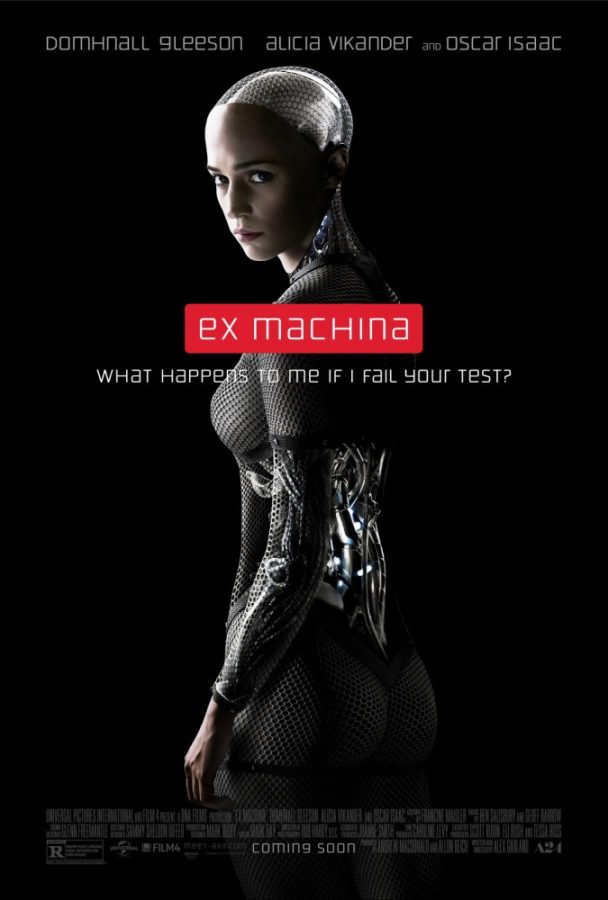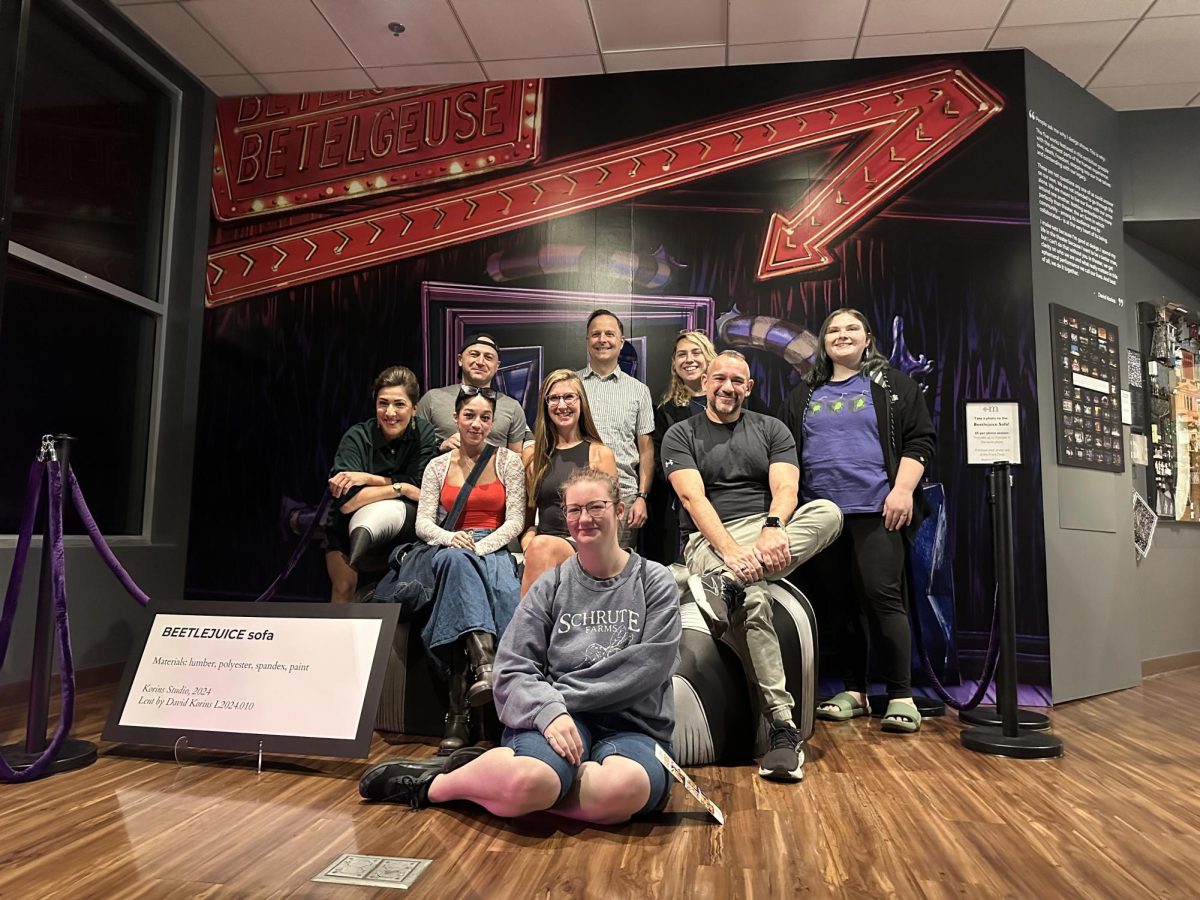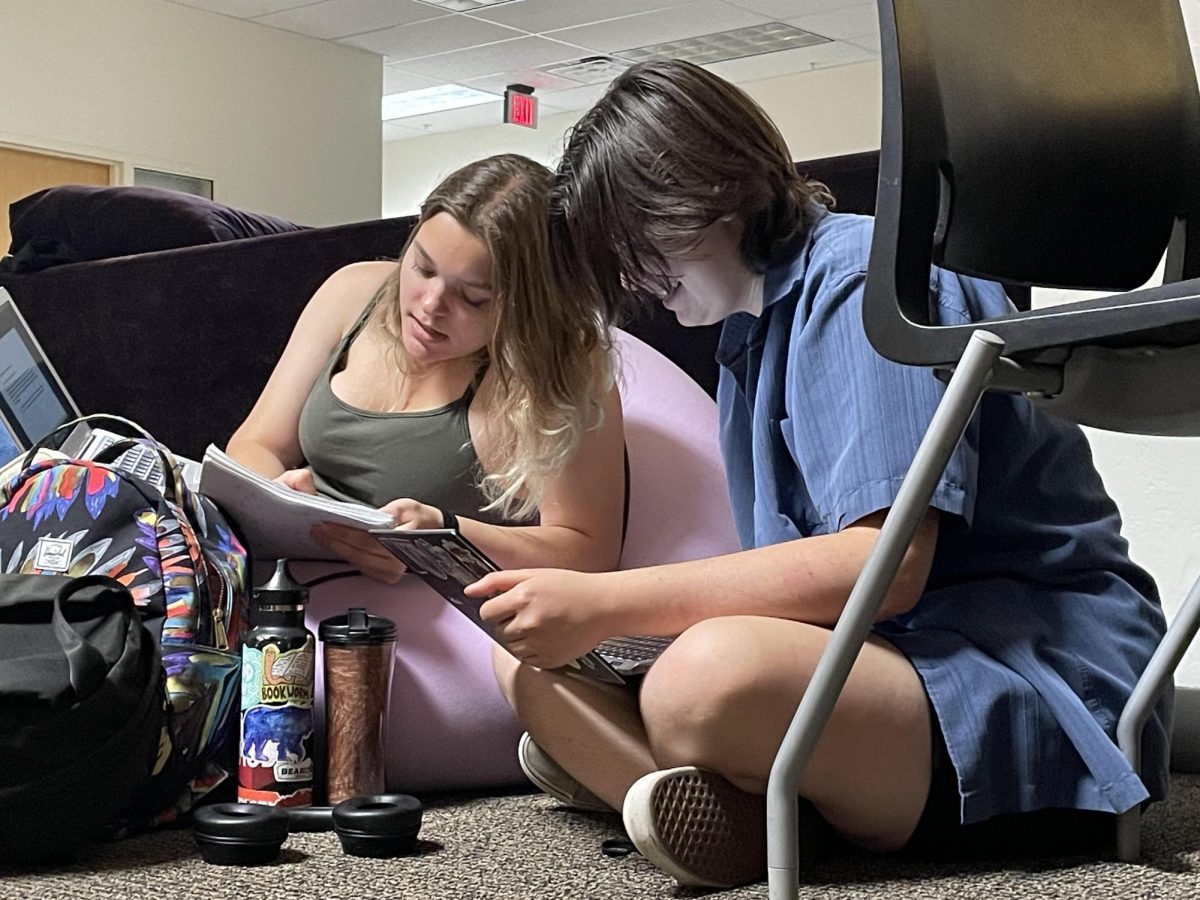Since its April 10 release in the United States, “Ex Machina” has not only solidified its status as one of the best science-fiction films of late, but also as one of the best films of the year. Critically, the film is “Certified Fresh” on review aggregate site Rottentomatoes.com with a 91 percent rating, and has enjoyed moderate financial success, grossing almost $25 million worldwide on a $13 million production budget. Along with other collegiate publications, The Daily Wildcat participated in a conference call with screenwriter and director Alex Garland, who also penned “28 Days Later” and “Dredd.”
Q: Did you know when you were beginning to write “Ex Machina” that you were going to direct it? And if so, did that affect, in any way, how you went about writing the screenplay … as if you were writing it for yourself rather than writing it for another director?
A: “I mean, the short answer is no, not really. [… At] the point I first sit down to write the screenplay, in all of the films I’ve worked on, there hasn’t been any director[‘s] touch. And I’m not thinking about directors at all. I’m really just trying to figure out if the film makes sense by my own terms. I think one of the things I learned quite early on is the idea that [writing and directing] sounds like they work in conversation or in a treatment, [but it doesn’t guarantee that the two will] work as a script. And you don’t really find out until you write it. So at the point I’m writing, I’m really just trying to figure out — is this a movie? Does it work? Is it interesting? And then all questions to do with directing come way, way later. And so I never really would see it as writing for a director. It’s — the intention is just to make a film.”
Q: The one thing I like is it wasn’t necessarily about artificial intelligence, and, you know, [the inherent dangers] in that. But it harkened back to, I thought, “Metropolis” with the productive android, and also a Frankenstein. Would you like to talk about … whether those elements were, you know, in your mind when you were writing the script?
A: “Well, I think that […] whatever one of those creation-type stories you want to touch […] “Metropolis,” or “Frankenstein” or “Pygmalion,”[…] there’s various, various inclinations at various times. [Creation-type stories are] in the culture that we will grow up in, and you acquire the set of rhythms of those stories almost by osmosis, even if you’ve never sat down or watched them or read them. They’re just in the fabric for us. The only thing I would say is that, to some extent, often those stories are [a] kind of creation myth of some sort, which have some kind of religious aspect to them in as much as they are [expectably] cautionary tales about mankind not messing with God’s work because he’ll get his fingers burned if he does so. And I tried to step away from [“Ex Machina”] as a creation myth and a cautionary tale in that sense because I saw it as more [preventive] than a God-like act. You know it’s a creation of a new consciousness. But that [is] essentially what parents do when they have children.”
Q: I want to know if you had any thoughts on if [non-sentient technology] has capacity for good or danger?
A: “No. It wouldn’t […] be capable of good or evil in that way, because it is not sentient. And [whether] they have a good or evil aspect […] would be defined by the humans, the sentient things that are defining it, and controlling it and using it, essentially. [… Our] whole system of right and meaning […] behind intention and in our action is based on [being] sentient. [… There’s] an ethical dimension to killing someone, but there isn’t really an equivalent ethical dimension to cutting down a tree that [is also] living. [… One] is self-aware and the other one isn’t. If a machine is not self-aware, it’s not really capable of being evil. It can be used for evil by a sentient creature — that is to say humans. But the thing itself doesn’t — [non-sentient technology doesn’t] have that ability. I think it has to be said though, just to be clear, that there’s plenty of room within sort of weak but complex AIs of the sort you’re talking about for bad things to happen. I mean, there’s no doubt about that. But I just wouldn’t lay the blame on the [artificial intelligence].”
_______________
Follow Alex Guyton on Twitter.









